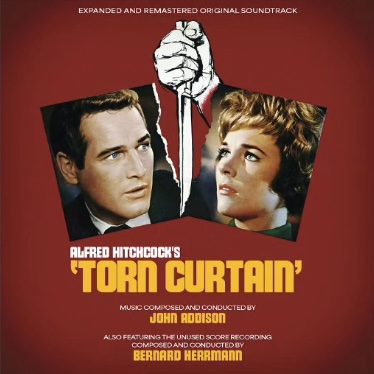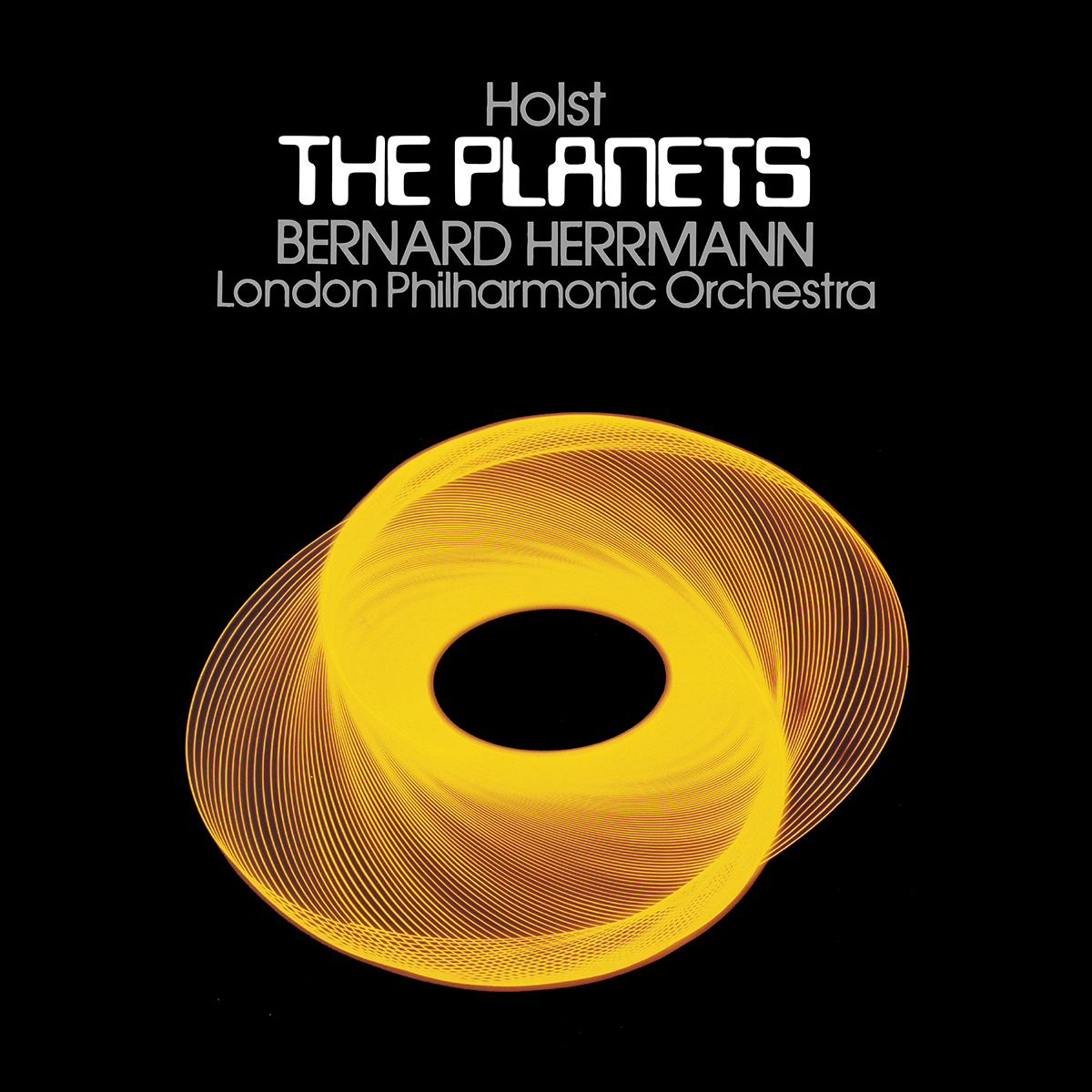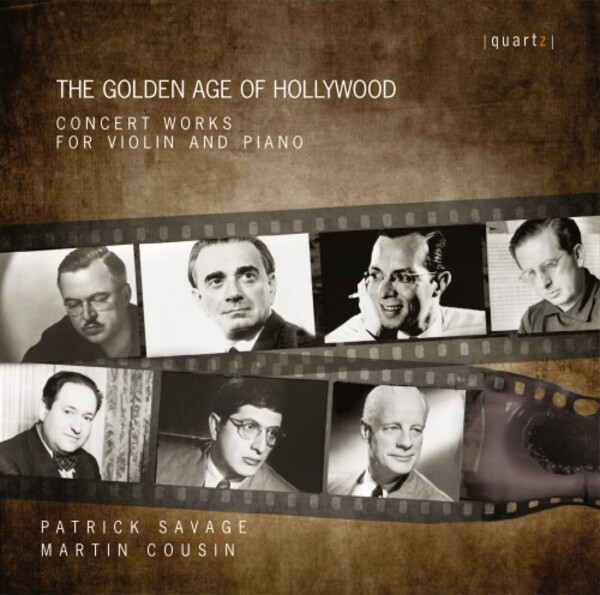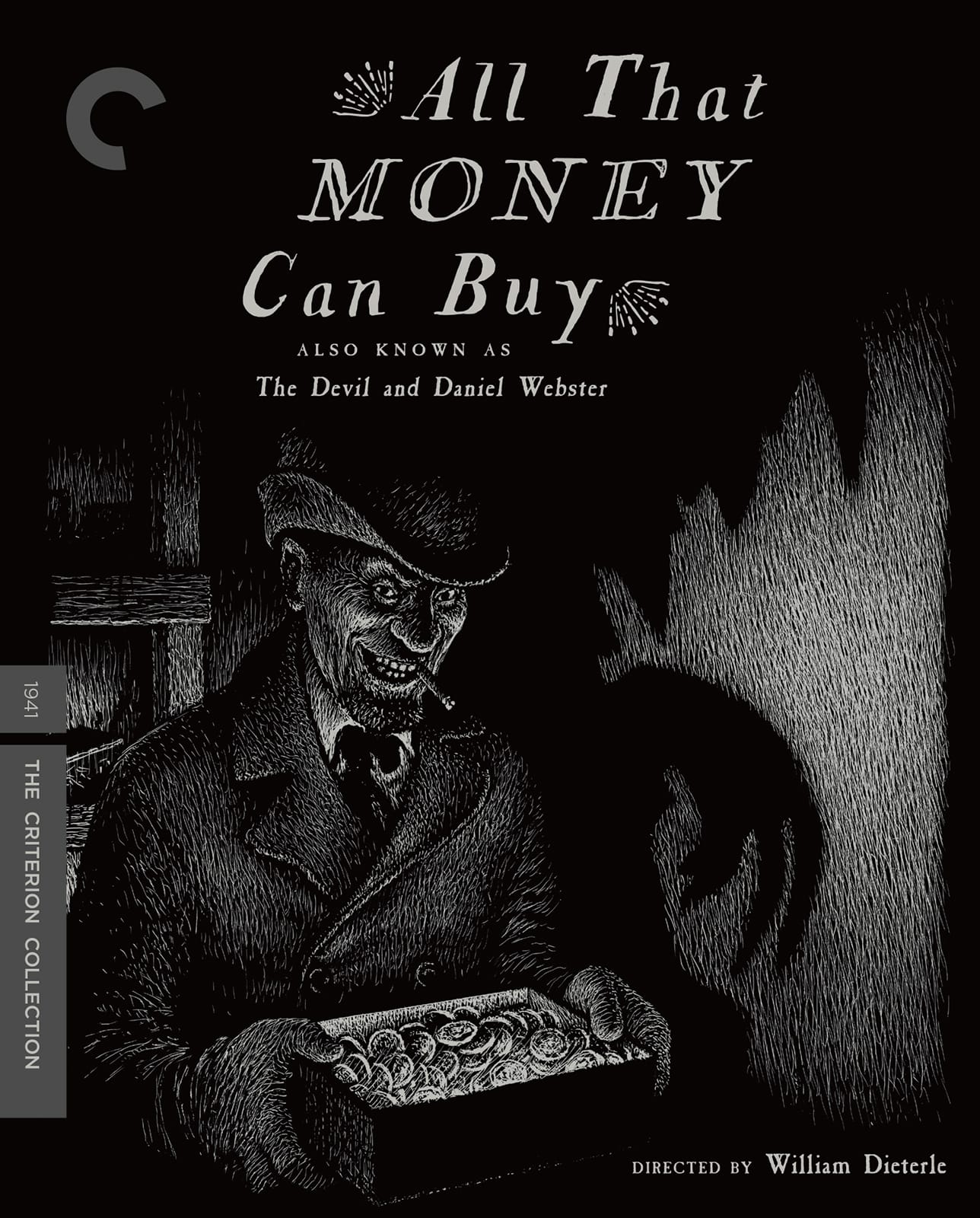Bernard Herrmann’s first performance as a conductor took place on May 17, 1933, when he led the newly-formed New Chamber Orchestra (of which he was co-founder) at the New School for Social Research. Steven C.
In a Hollywood studio where Bernard Herrmann had been supervising the recording of his score for Martin Scorsese's Taxi Driver , it had been suggested that the session be finished the following day. Herrmann insisted, however, that it be completed.
Although Byron has been dead for 150 years he still exerts as
vibrant and forceful an influence on the creative mind as ever he did
-- BERNARD HERRMANN
Bernard Herrmann held his last public performance on April 21st 1974, at the Theatre Royal, Drury Lane, London.
Introduction
New York born Bernard Herrmann had a long relationship with Britain, especially London, which he made his second home in 1961 and primary residence in 1964 after he seperated from his second wife Lucy Anderson.
I would like to extend my great appreciation to Roni Mueller of CBS for legal permission to put these CBS Herrmann Centenary Audio Clips online.
Film Music Journalist Michael Beek has launched a campaign for a proper application to get Herrmann an English Heritage Blue Plaque at one of his London homes.
A special panel by English Heritage selects about 12 names a year to be honoured on new plaques.
When Bernard Herrmann died in the early hours of Christmas Eve 1975, he left behind a body of work that would go on to transcend the medium for which it was originally written.
America has produced in the twentieth century many outstanding symphonic composers, but only one important music-dramatist: Bernard Herrmann.
The most comprehensive account of a composer ever presented in such form.
This is the two-and-a-half hours radio documentary by Bruce Crawford and Bob Coate as broadcast on KIOS-FM in 1988.
See also our presentation of the documentary .
MUSIC
Psycho .
Alfred Hitchcock’s Psycho has become one of the most celebrated American films in its genre and Bernard Herrmann’s music for the film contains an equally celebrated musical icon—the slasher music—that has become a universal motif for all slasher films.
THE PRIVATE HERRMANN By 1961 assignments in Hollywood grew rarer and Herrmann decided to settle in London. At first he split his time between Los Angeles and his Regent’s Park flat but soon found himself spending less and less time in LA.
SUNDAY, DECEMBER 22, 1946
Mr. Herrmann, conductor of the Columbia Broadcasting Symphony, has just returned from a five-week visit to England, where he conducted the British Broadcasting Company and Halle Orchestras.
Bill Wrobel gives us a peak inside the Bernard Herrmann archives at the Department of Special Collections, Donald C. Davidson Library, University of California, Santa Barbara, and score samples from UCLA Music Library Special Collections.
Oklahoma City Philharmonic Orchestra
Emil de Cou, conducting
Music from Psycho, To Catch a Thief, Strangers on a Train, Dial M for Murder and North by Northwest
Civic Center Music Hall, October 31 and November 1, 2008
While the Master of Suspense was the honorary sub.
Bernard Herrmann was perhaps the preeminent film composer of the 20th century. Holding a significant fan base throughout the years, he is one of the most talked about film composers, the subject of many discussions and scholarly papers.
Hitchcock, in his American period, had often remarkable success with his choice of musical collaborators, notably with Miklos Rozsa, Franz Waxman and, in particular, with Dimitri Tiomkin, who seemed able to echo the sense of urgency and nervous agitation associated with Hitchcockian dilemmas.
A very unusual Herrmann event at the Barbican in London on March 17 2006. And here's a very short report.
The Music (performed by the BBC Concert Orchestra unless indicated).
April 24, 2006, was the first performance of The New York Philharmonic under the direction of John Williams in a program of selections from the conductor's and Bernard Herrmann's film scores. The Herrmann selections, hosted by Martin Scorsese, were played in the first half of the program, and the rest of the program was devoted to music by John Williams.
Have you ever watched the old classic CBS series such as Have Gun Will Travel, Gunsmoke, Rawhide, Perry Mason, and Twilight Zone and ever wondered how much of Bernard Herrmann’s music you heard in various episodes?
From 1967 to his death in 1975 Norma Shepherd was Bernard Herrmann’s third wife. She is currently living in Southern England where I talked with her in 2004.
You didn’t particularly warm up to Hollywood, I suppose?
I hated it. It wasn’t Hollywood’s fault.
It happened in Cologne on October 15, 2002 when the Cologne Philharmonic a.k.a. Gürzenich Orchestra gave their first ever film music concert.
Interview with composer/conductor Elmer Bernstein.
On this 90th anniversary of my father's birth, I would like to thank his many fans who have been both stirred and inspired by the music that he wrote for films and the concert hall.
As his daughter, I was aware from an early age that my father lived and breathed music.
The personality we knew as Bernard Herrmann played quite a colorful and dramatic role on the stage of 20th century life and music.
In constructing a horoscope, a difficulty exists when you do not have a verifiable timed birth, as is the case for Herrmann.
Sir Malcolm Arnold is one of the most respected classical composers of the 20th Century. He was born in Northampton in 1921, studied playing the trumpet under Ernest Hall and composition under Gordon Jacob at the Royal College of Music.
Thursday, February 15th, 2001, the Eos Orchestra under the direction of Jonathan Sheffer presented a concert entitled Bernard Herrmann: More than the Movies . The event took place in the Concert Hall at the Ethical Culture Society, 2 West 64th Street, New York City.
Tony D'Amato was brought in to produce Decca/London's Phase Four recordings.
On October 24 2000 the BBC Concert Orchestra gave a concert showcasing the talents of one of the great saxophonists of our time, John Harle. This was the first of a series of concerts running under the title "Revelations".
Alfred Hitchcock was interviewed at his Universal Studios office during the production of Marnie by Telescope's host and director, Fletcher Markle. The program was filmed in black and white. Near the end of the 30-minute broadcast Markle engages Hitchcock about the aesthetics of filmmaking.
An interview with the conductor of the 1998 recording of The Egyptian.
Famous London record dealer Harold Moores talks about his friendship with Herrmann.
"The most comprehensive account of a composer I have ever heard presented in such form"
This is how author, producer and film music historian Tony Thomas describes the 1988 radio documentary on Bernard Herrmann.
This article is a profile on Bernard Herrmann by a fellow staff member at CBS. It appeared in the November 9, 1943 issue of the CBS in-house newsletter called "485" (named after CBS's old address, 485 Madison Avenue). The Article was located at the New York Library of the Performing Arts.
This index of materials is an effort to compile sources dealing with Bernard Herrmann. A problem that exists when trying to research Herrmann is that most sources are written by film scholars and researchers.
'I count myself an individual. I hate all cults, fads and circles. I believe that only music that springs out of genuine personal emotion and inspiration is alive and important.'
Brooding, loud, dark, intense, oppressive, thoughtful and subject to sudden mood swings.
This picture archive, a "virtual walking tour," is meant to compliment and supplement portions of Steven C. Smith's 1991 biography of Bernard Herrmann.
The subject of this interview with Robert Townson is his 1998 production of The Trouble With Harry, featuring Joel McNeely and the Royal Scottish National Orchestra.
Interview with the producer of Varese Sarabande's Film Classics series (part 1).
An interview with the producer of the 1996 recording of Garden of Evil.
Since 1986 The International Film Music Encounters have allowed us to listen and watch in Seville in front of several symphonic groups some of the greatest names in the history of film music.
This was probably the first national recognition of Bernard Herrmann's life work in film, save the lengthy articles and interviews in specialty magazines like Films in Review , High Fidelity and Sight and Sound .
When Benny Herrmann wrote the cantata Moby Dick he had a personal connection to the material. Besides the fact that he had read the book - his father served on two whaling vessels when young.
The first time was when his father Abram ran away from home and went to Odessa.
The 30 minute series, Alfred Hitchcock Presents , premiered in the Fall of 1955. At the time very few TV series had original dramatic scores. The series used "stock" music entirely.
A friend of Charles Ives from 1933 until Ives' death in 1954, Herrmann conducted many of his works in concerts and on the radio. In 1972 made a record of the Second Symphony for Decca.
This article by Bernard Herrmann was originally published in Trend: A Quarterly of the Seven Arts 1 , no.
Los Angeles, October 1996
Esa-Pekka Salonen conducting the Los Angeles Philharmonic
The Los Angeles Philharmonic recently performed excerpts from four Herrmann scores, at a Tribute to the Movies concert fundraiser.
The daughter of Alfred Hitchcock recently spoke about the restoration of Vertigo and about her father to HBO Entertainment News in New York:
O'Connel: I think the film was before its time. It's got all sorts of fears and phobias, and this is what people want to see today.
Two decades before his Oscar-winning direction of West Side Story and The Sound of Music , Robert Wise met Bernard Herrmann while working as an editor on Citizen Kane . They would collaborate in the same capacities on 1941's All That Money Can Buy (a.k.a.
The late actor-producer-director Paul Stewart (1908-1986) may be best known to moviegoers as the sinister valet - and final interview subject - in Citizen Kane .
Norman Lloyd served as co-producer of Alfred Hitchcock's long-running television series in the 1950s and 1960s.





![The Man Who Knew Too Much – 4K restoration / Blu-ray [A]](../wp-content/uploads/2023/11/TMWKTM-4K.jpg)
![The Bride Wore Black / Blu-ray [B]](../wp-content/uploads/2023/07/BrideWoreBlack.jpg)
![Alfred Hitchcock Classics Collection / Blu-ray [A,B]](../wp-content/uploads/2020/07/AHClassics1.jpg)
![Endless Night (US Blu-ray) / Blu-ray [A]](../wp-content/uploads/2020/03/EndlessNightUS.jpg)
![Endless Night (UK Blu-ray) / Blu-ray [B]](../wp-content/uploads/2019/12/ENightBluRay.jpg)














































